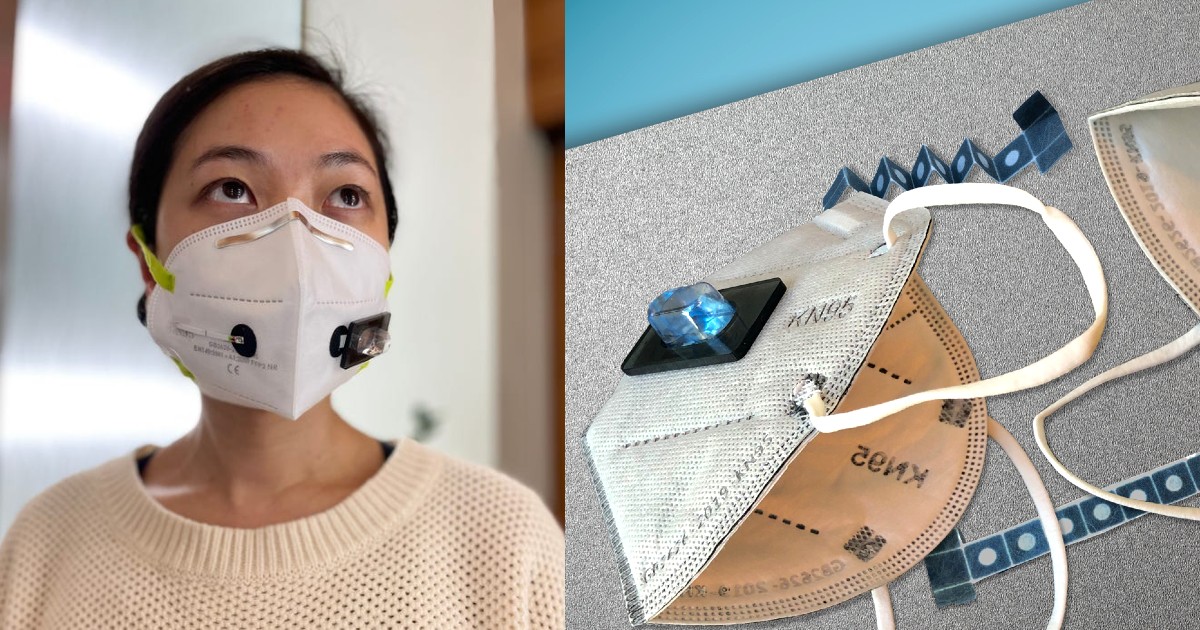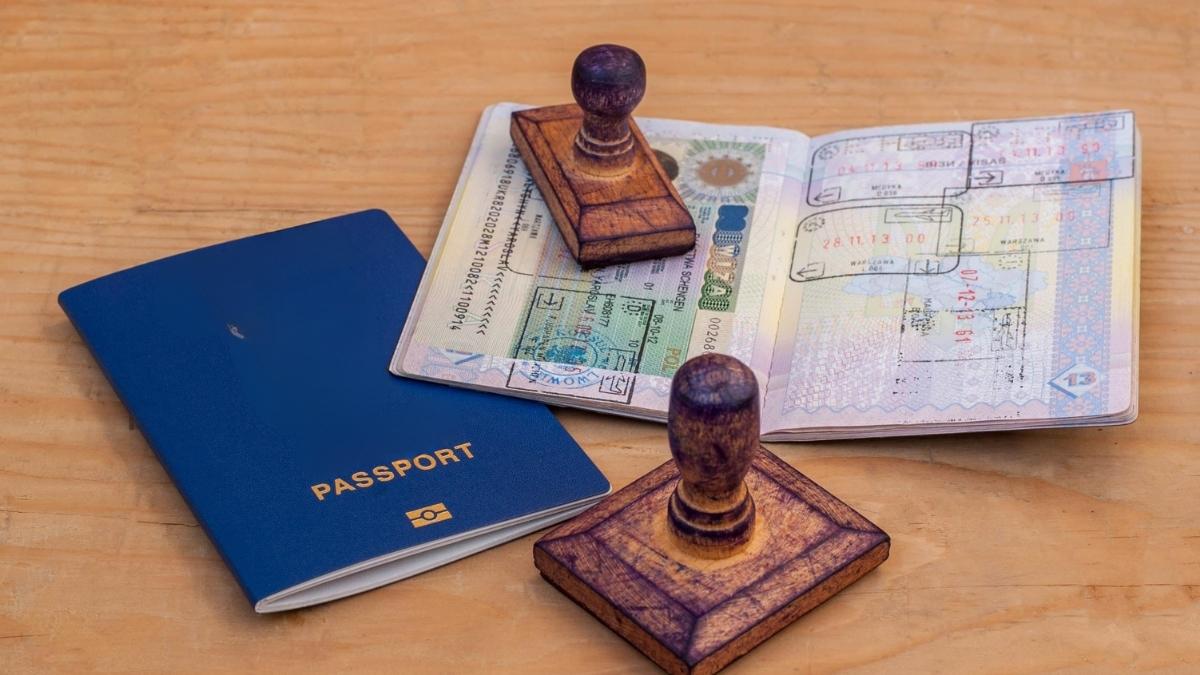Ever since the covid pandemic, wearing masks has been a staple accessory wherever we are. While these masks are mandatory to prevent the spread of the Covid-19 virus, it was only a matter of time since some ‘smart’ technology came forward to offer us more. A Kerala student earlier created masks with mics to make voices more audible. And now there’s a smart face mask that can detect coronavirus in just 90 minutes. Here’s everything about it.
Scientists At MIT & Harvard Invent Masks That Detect Covid
Scientists at the Massachusetts Institute of Technology (MIT) and Harvard University have developed face masks that are embedded with tiny, disposable sensors, which are designed to be activated by the wearers when they want to perform the Covid test. These masks are capable of diagnosing Covid-19 within 90 minutes. The sensors within the masks are designed to be activated by the wearers when they want to perform the test. However, to safeguard the privacy of the user, the results are only displayed on the inside of the mask. If you think this is a game-changer, wait till you know how this technology works.

Also Read: The World’s First Edible Mask Made Of 2 Layers Of Bread Ensures You Wear Your Mask & Eat It Too
The sensors within the masks are based on technology that the team from MIT and Harvard have been developing for years. Way back in 2014, James Collins, a professor at MIT had showcased the various proteins and nucleic acids which are needed to create synthetic gene networks that react to specific target molecules that could be embedded into the paper. This particular find was used to create paper diagnostics for the Ebola and Zika viruses. How does this work? The components are frozen and dried which helps them remain stable for many months until they are rehydrated. However, then it is activated by water, they network with the targeted molecules to synthesize a signal- such as colour change.
Also Read: Kerala Student Creates Masks With Mics To Make Voices Audible From Behind The Mask
Masks Made Of Polyester & Synthetic Fibres Have Sensors To Identify Covid In 90 Minutes
Now, to select the fabric for the masks, the team from MIT and Harvard performed a screening of hundreds of different types of fabric, from cotton and polyester to wool and silk. They did this to find out which might be compatible with the sensor. A lead author from MIT, part of the study revealed that they used a combination of polyester and other synthetic fibres. The researchers embedded their freeze-dried components into a small section of this synthetic fabric, where they are surrounded by a ring of silicone. This ring helps prevent the sample from evaporating from the sensor.

Also Read: Vaccinated People No Longer need To Wear Masks Outdoors In South Korea
In order to demonstrate the technology, these researchers created a jacket embedded with about 30 of these sensors. During the demonstration, the jacket showed that a small splash of liquid containing viral particles, mimicked exposure to an infected patient and it could hydrate the freeze-dried cell components and activate the sensor. These activated sensors can be designed to produce different types of signals- ranging from colour change, or fluorescent or luminescent signals. Last year, robots helped assist Covid patients in Kerala and Bengaluru.
First Published: June 29, 2021 12:54 PM



